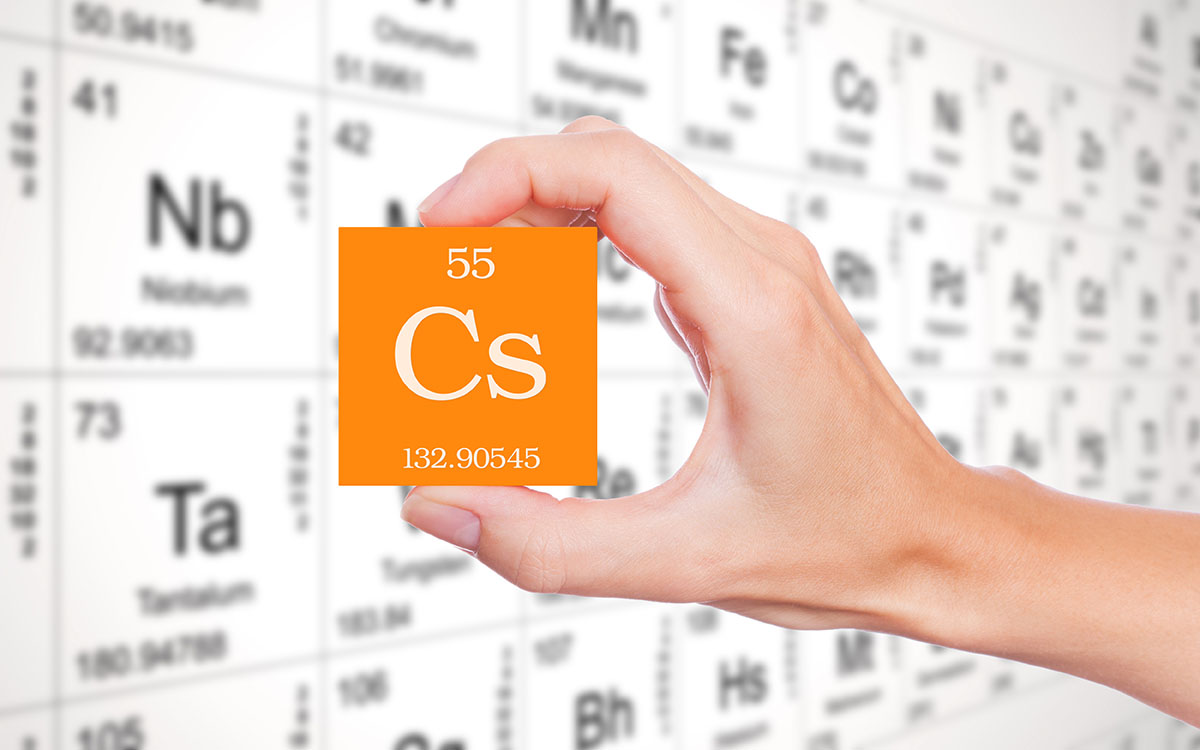

Cesium is a chemical element with the symbol Cs and atomic number 55. It is a soft, silvery-white metal that is found in the earth's crust.
Cesium is the most reactive of all the elements, and it is also the most electropositive.
Cesium has a number of unique properties, including:
Cesium is an important element in the development of new technologies. For example, cesium is used in the production of atomic clocks, which are the most accurate clocks in the world. Cesium is also used in the production of photocells, which are devices that convert light into electricity.
The cesium laser is used in surgery to cut through tissue with great precision.

Noun.
Singular: cesium.
Plural: cesiums (not commonly used).
Adjective.
Cesiumic: relating to cesium.
The word "cesium" can be used in a few different ways. It can be used as a noun to refer to the chemical element itself. It can also be used as an adjective to refer to something that is made of cesium or that contains cesium.
How is cesium used?
Question:
Define "cesium" and describe one of its significant uses in modern technology.
Answer:
Cesium is a chemical element with the symbol "Cs" and atomic number 55, belonging to the alkali metal group.
One Significant Use of Cesium in Modern Technology:
One significant use of cesium is in atomic clocks. Cesium atomic clocks are highly precise timekeeping devices that rely on the oscillations of cesium atoms. The natural frequency of cesium atoms is incredibly stable, making them ideal for accurate time measurement. In cesium atomic clocks, the vibrations of cesium atoms are used to determine the exact length of a second. These highly accurate atomic clocks serve as critical components in various applications, including global navigation systems, telecommunications, scientific research, and satellite communication. The precision of cesium atomic clocks has revolutionized modern technology and plays a vital role in ensuring accurate timekeeping and synchronization across various industries.
Address
Developing Experts Limited
Exchange Street Buildings
35-37 Exchange Street
Norwich
NR2 1DP
UK
Phone
01603 273515
Email
hello@developingexperts.com
Copyright 2025 Developing Experts, All rights reserved.